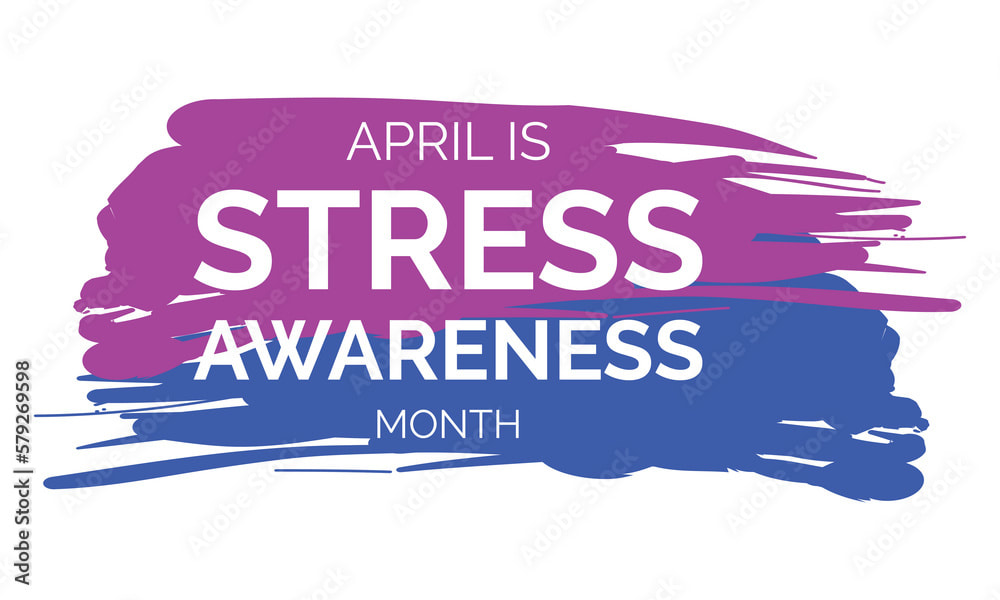Image credit – Adobe Stock
The connection between mental and physical health, as well as their impact on the risk factors for heart disease and stroke, is highlighted in a scientific statement titled “Psychological Health, Well-Being, and the Mind-Heart-Body Connection,” published in the American Heart Association Journal Circulation. It emphasizes that mental well-being can either positively or negatively influence physical health.
Stress is identified as a significant contributor to unhealthy behaviors associated with an elevated risk of heart disease and stroke. These behaviors include smoking, overeating, lack of exercise, poor diet choices, being overweight, and inconsistent medication adherence.
Walking is renowned as the most popular form of exercise, and for good reason. Research indicates that engaging in brisk walking for at least 150 minutes per week can yield numerous benefits:
- Enhanced cognitive function, mood, and quality of sleep.
- Reduced risk of serious illnesses like heart disease, stroke, diabetes, and various cancers.
- Improved blood pressure, blood sugar, and blood cholesterol levels.
- Increased energy levels and endurance.
- Better mental and emotional well-being, lowering the risk of depression.
- Enhanced memory function and reduced likelihood of dementia.
- Strengthened bones, mitigating the risk of osteoporosis.
- Prevention of weight gain.
Even if 150 minutes seems daunting, it’s worth noting that short bouts of activity accumulated throughout the week can collectively meet this target. Incorporating brief walks into your daily routine is a simple way to achieve this.
To effectively manage stress, consider the following strategies:
- Regular exercise, including activities like nature walks, meditation, or yoga, to alleviate stress, tension, anxiety, and depression.
- Prioritize spending time with friends and family to maintain social connections and engage in meaningful conversations.
- Aim for seven to nine hours of sleep per night to ensure adequate rest.
- Cultivate a positive mindset by keeping a gratitude journal and making weekly entries.
- Practice relaxation techniques such as meditation or listening to soothing music.
- Engage in stimulating hobbies that keep your mind occupied and prevent dwelling on negative thoughts or worries. Options may include cooking or knitting.

